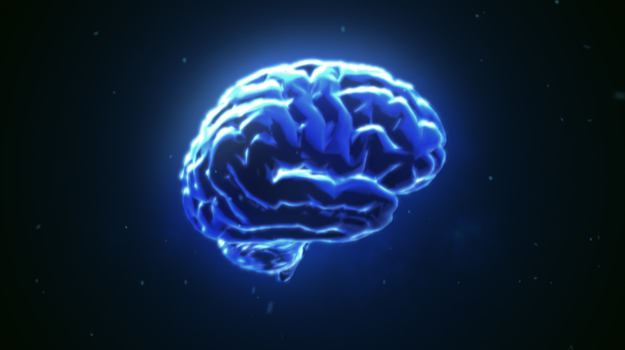Brain tissue iron could be more vital to a healthy brain function than previously thought, possibly improving cognition in adolescents and young adults with neurodegenerative diseases, a new study suggests. The results were published in the Journal of Neuroscience.
The study, funded by the National Institute of Health, analyzed the magnetic resonance imaging (MRI) scans of more than 1,500 adolescents and young adults as part of the Philadelphia Neurodevelopment Cohort. The participants, ranging from 8 to 24 years of age, had their brain iron levels examined through the brain scans, concentrating in the basal ganglia.
“Atypical iron concentration in the basal ganglia is associated with neurodegenerative disorders in aging and cognitive deficits,” the findings stated. “However, the normative development of brain iron concentration in adolescence and its relationship to cognition are less well understood.”
“We assessed the longitudinal developmental trajectories of tissue iron in the basal ganglia. We quantified tissue iron concentration using R2* relaxometry within four basal ganglia regions, including the caudate, putamen, nucleus accumbens, and globus pallidus.”
According to the findings, researchers determined that iron levels in the basal ganglia progressively increases throughout development. Higher levels of brain iron in the putamen region was linked to greater cognitive abilities, in which decreased levels was correlated with weaker performance on cognitive tests.
“These results highlight the transition from adolescence to adulthood as a period of dynamic maturation of tissue iron concentration in the basal ganglia,” researchers proclaimed.
“Together, our results suggest a prolonged period of basal ganglia iron enrichment that extends into the mid-twenties, with diminished iron concentration associated with poorer cognitive ability during late adolescence.”


